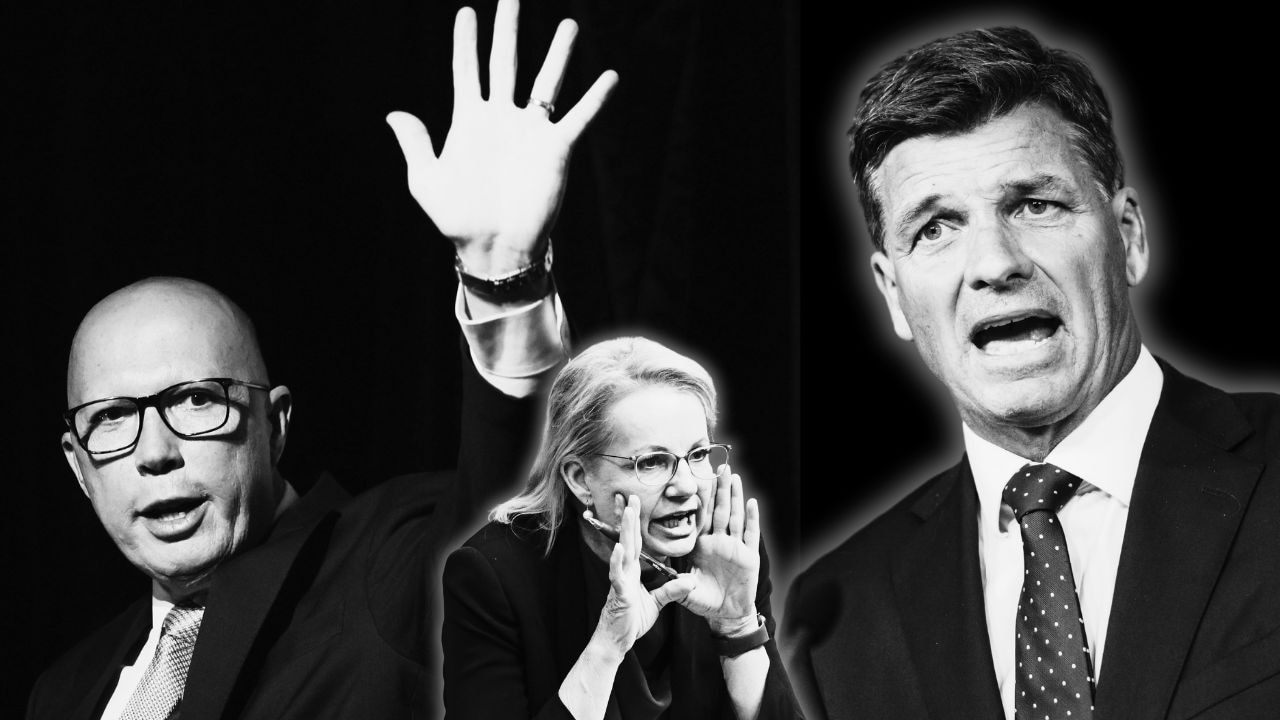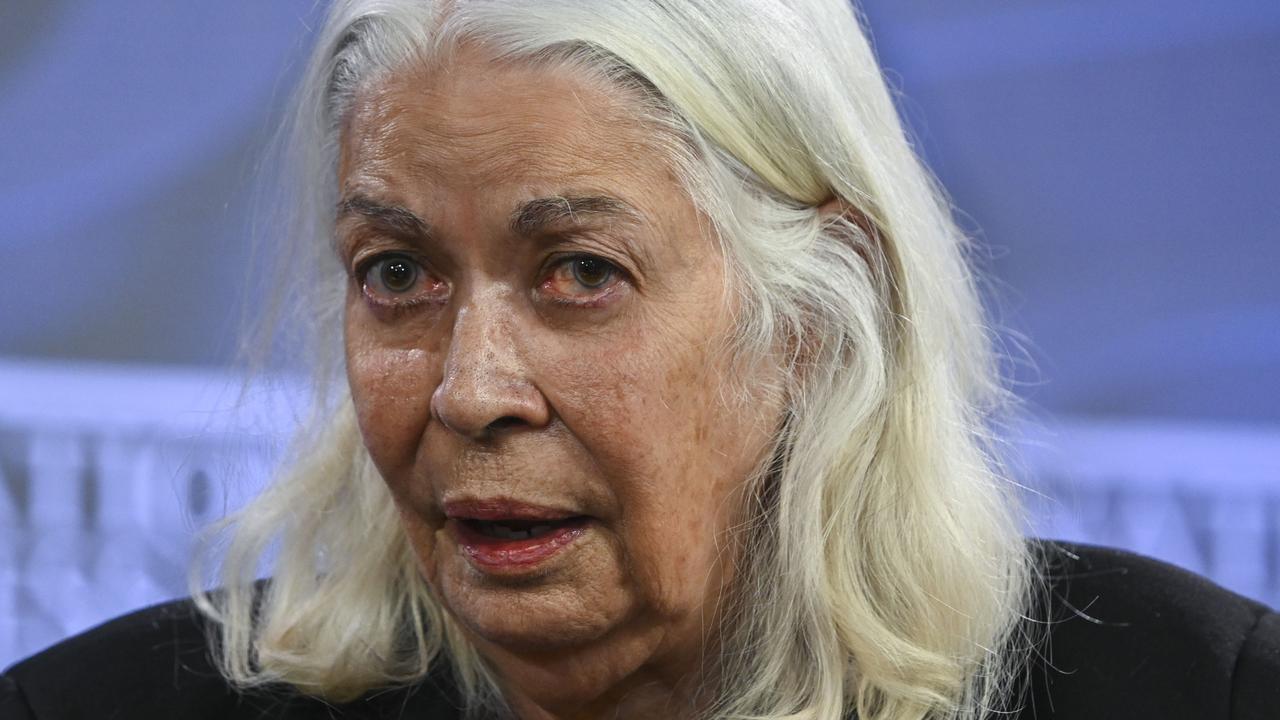Older Australians should use super and savings for aged care costs, young taxpayers say
Most younger taxpayers believe savings and super are to support yourself in old age rather than passing it on to the next generation, a new study finds.

Most younger taxpayers believe savings and super are to support yourself in old age rather than hoarding it to pass on to the next generation, a new study reveals.
They are also open to wealthier older people contributing more to their own aged care costs than is currently allowed by law, it says.
But the family home is seen differently, they say, and should be passed to the next generation rather than sold to fund aged care, the report by independent researchers 89 Degrees East finds.
Based on a survey of more than 1000 Australians aged 18-50 and commissioned by leading aged care provider Uniting NSW-ACT, the report, “Younger taxpayers and aged care funding”, uncovers broad concerns that the nation’s aged care system is underfunded and confirms younger taxpayers believe all older people should have access to high quality care.
But report author Rebecca Huntley said younger taxpayers were largely in the dark about how much of the aged care bill the government picks up, with fewer than one in 10 understanding older Australians contribute an average 5 per cent to the costs of care in the aged care system, no matter their wealth.
“In fact, there was genuine surprise that co-contributions aren’t higher,” Dr Huntley said.
She said the study showed seven in 10 people believe the main purpose of savings and superannuation is to support yourself in older age, yet around 80 per cent of people die with the bulk of their superannuation and retirement savings intact.
“The majority said it was OK to ask older people to draw on their superannuation and savings to pay for aged care, and were surprised this wasn’t already the case. Three-quarters mistakenly thought most people contributed much more than the actual levels of self-funding of the costs of care,” she said.

The future funding of aged care is the subject of intense policy interest at the federal level, with a taskforce led by aged care minister Anika Wells looking at more sustainable options.
Aged care, a federal government responsibility, is one of its largest spending programs, this year costing almost $33bn.
But the financial position of many residential aged care providers is precarious, with a report by aged care accountants Stewart Brown last month showing 66 per cent of homes operated at a loss in FY23, with losses over $1bn.
It is understood the taskforce, due to report by the end of the year, is set to recommend the government legislate greater individual contributions from those who can afford it.
Currently nursing home operators are able to claim only $61 a day from the resident for services such as meals, cleaning, laundry, heating and cooling, costs they would be responsible for if they were living at home.
Uniting’s general manager of advocacy and external relations Emma Maiden said the new report backed the case for changing the settings around individual contributions to aged care.






